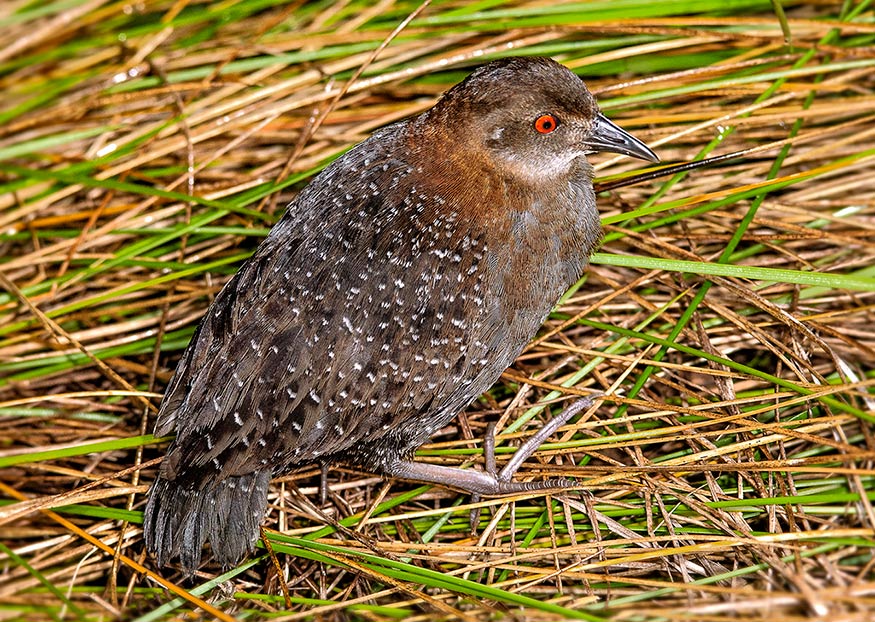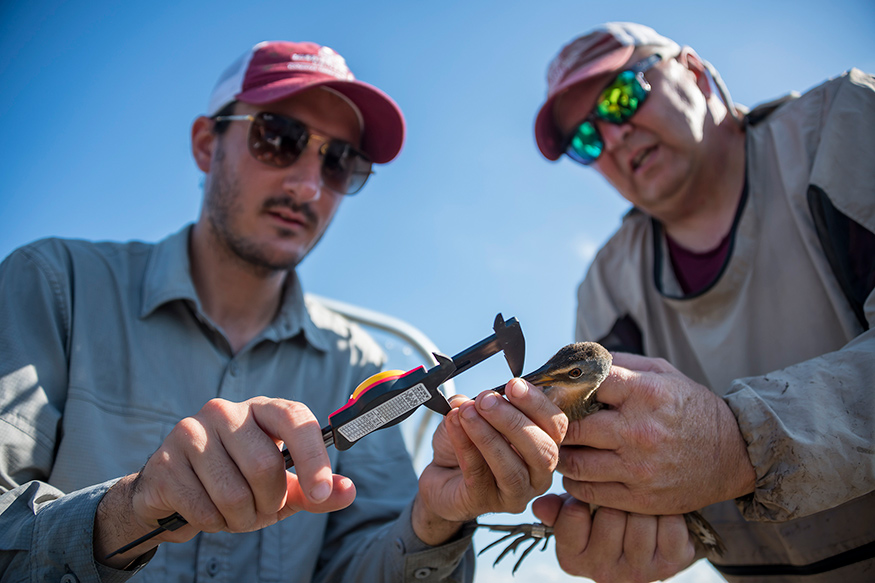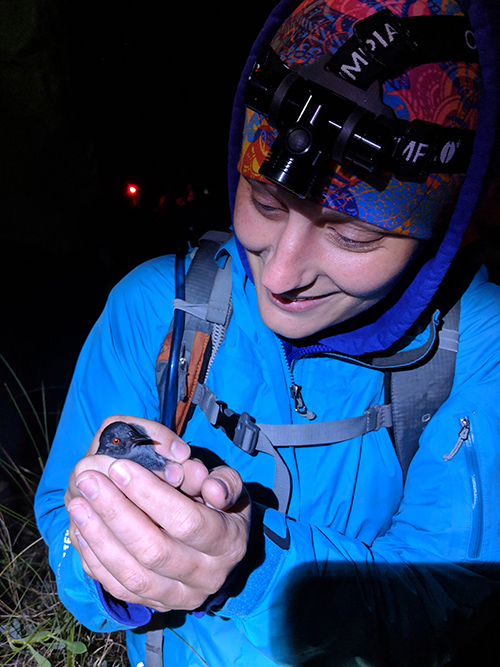Contact: Vanessa Beeson

STARKVILLE, Miss.—Mississippi State University scientists are receiving a five-year, $3.9 million grant from the National Oceanic and Atmospheric Administration’s RESTORE Science Program to increase understanding of how birds use the Gulf of Mexico, helping resource managers improve habitat for coastal species.
The MSU-led group is one of only four teams of researchers and resource managers from across 20 institutions including universities, federal and state agencies, and non-governmental organizations receiving a total of $15.6 million in funding from the program.

“Mississippi State University has assembled a strong, collaborative research team who will work to understand how three important species of birds—black rail, yellow rail and mottled duck—use high marsh habitat around the Gulf of Mexico and how prescribed fire can be used to promote their conservation,” said Julien Lartigue, director of the NOAA RESTORE Science Program. “By working so closely with resource managers, the team is ensuring that the results of this project get into the hands of the people who need them.”
The team is led by Mark Woodrey and Auriel M. V. Fournier. Woodrey is an assistant research professor in the university’s Mississippi Agricultural and Forestry Experiment Station stationed at the Biloxi-based Coastal Research and Extension Center and research coordinator for the Grand Bay National Estuarine Research Reserve. Fournier is director of the Forbes Biological Station at the University of Illinois Urbana-Champaign.
Black rail and yellow rail are identified as birds of conservation concern—migratory non-game birds, with black rail already proposed for Endangered Species Act listing without additional conservation actions. Mottled ducks are of high conservation concern as one of the only duck species which spends its entire year along the Gulf Coast.
Woodrey said that while these species are of high conservation importance, little is known about how they respond to fire in high marsh wetlands.
“This research will help determine the best prescribed fire strategies to manage and conserve these three important species along the Gulf Coast,” Woodrey said. “This information will improve natural resource managers’ ability to manage and conserve the biodiversity of the Gulf Coast.”

Fournier added that high marsh habitat—the area of tidal marsh of a saltwater system that isn’t regularly flooded—can be particularly vulnerable to habitat loss in the event of sea level rise.
“As sea level rises, the low marsh typically overtakes the high marsh. However, due to changing land use challenges, the high marsh habitat becomes limited,” Fournier said. “A lot of species, including the bird species that are the subject of our study, rely on this high marsh habitat.”
The team plans to monitor black rail, yellow rail and mottled duck responses to prescribed fire application using an adaptive management framework. The framework will inform decision-making by helping researchers and resource managers test predictions and better understand how these birds interact with high marsh ecosystems and prescribed fire. First steps include using remote sensing to create high resolution up-to-date maps of high marsh habitats across the region and conducting a first-year pilot study to determine the distribution and abundance of black rails, yellow rails and mottled ducks in these habitats during the breeding and wintering seasons.
Fournier said the study is unique in its depth of scientific inquiry across such a broad geography. She pointed out that the team includes land managers, GIS experts, a climatologist, fire ecologists, ornithologists and others.
“It’s unusual to get to work with a team with such a breadth of experience. I am excited we get to answer these questions in a more holistic way. We could answer them in a narrow sense but on this larger scale accounting for many factors, I think our answers will be more relevant to land managers at the local and regional level and also will help us have a better scientific understanding of the entire Gulf Coast system,” Fournier said.
The MSU led-team also includes Forest and Wildlife Research Center scientists. In addition to MSU and the University of Illinois Urbana-Champaign, co-investigators and collaborations represent 12 universities, federal and state agencies and non-governmental organizations including: Louisiana State University and LSU’s Agricultural Center, Texas Tech University, U.S. Geological Survey, University of Georgia, National Audubon Society, Tall Timbers Research Station, University of Central Oklahoma, Gulf Coast Joint Venture, U.S. Fish and Wildlife Service, Ducks Unlimited, Florida Fish and Wildlife Conservation Commission and Alabama Department of Conservation and Natural Resources.
For more on the project, visit
https://restoreactscienceprogram.noaa.gov/projects/marsh-birds-and-fire.
MSU is Mississippi’s leading university, available online at www.msstate.edu.